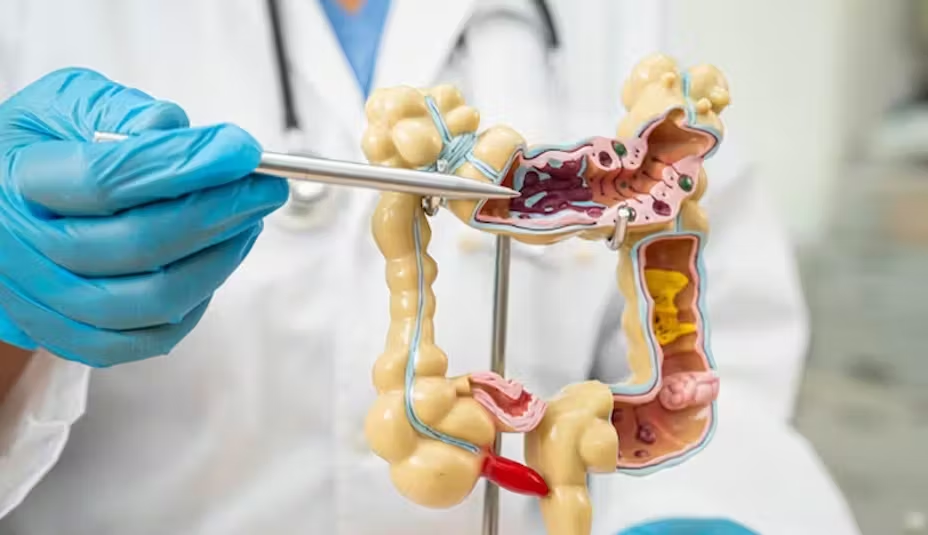The concept of transferring fecal matter between individuals may seem unconventional, but fecal microbiota transplantation (FMT) is gaining recognition as a powerful method for improving gut health and preventing disease. As research continues to reveal the crucial link between the gut microbiome and overall health, fecal transplants are being explored not only for treating infections but also for managing conditions such as obesity, autoimmune diseases, and even mental health disorders. Could FMT be the next major advancement in medicine?
What Is a Fecal Transplant?
Fecal transplantation involves transferring processed stool from a healthy donor into the digestive system of a recipient, typically via a capsule, colonoscopy, or enema. The aim is to restore a balanced microbiome by replenishing beneficial bacteria that may have been depleted due to illness, excessive antibiotic use, or poor lifestyle choices.

Final Thoughts
Fecal transplants are transforming gut health and disease prevention, providing new possibilities for conditions once considered untreatable. While further research is required to fully grasp their potential, FMT marks a significant shift in medicine, underscoring the critical role of the gut microbiome in overall health. In the future, microbiome-based therapies could become a standard component of personalized healthcare.